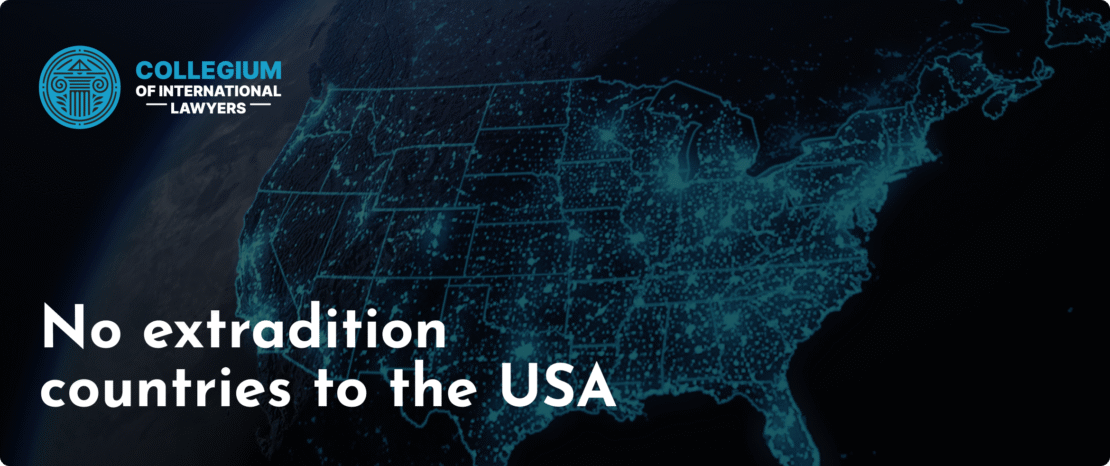
Finding the Right Lawyer for Money Laundering Defense
In today’s complex financial landscape, the threat of being accused of money laundering is a reality for many individuals and businesses. When facing such severe allegations, it is crucial to hire a competent lawyer who specializes in money laundering defense. Legal complexities surrounding financial crimes can be challenging to navigate, making the choice of a legal representative paramount. This article explores key factors to consider when selecting a lawyer for money laundering defense and emphasizes the importance of having qualified legal help. If you seek lawyer for money laundering defense legal help with financial crime charges, understanding these factors can significantly influence the outcome of your case.
Understanding Money Laundering
Money laundering is a process used by criminals to make illegally obtained money appear legitimate. It typically involves three stages: placement, layering, and integration. Placement refers to introducing illegal cash into the financial system; layering involves conducting complex transactions to obscure the source of the funds; and integration allows the laundered money to be reintroduced into the economy, seemingly clean. Due to its intricate nature, money laundering is often linked with other criminal activities such as drug trafficking, fraud, and terrorism.
The Importance of a Specialized Lawyer
Given the serious ramifications of a money laundering conviction, including hefty fines and imprisonment, having a knowledgeable lawyer is essential. A lawyer specializing in financial crimes will understand the nuances of money laundering laws and have experience with similar cases. They can better assess the situation, identify potential defenses, and build a strategic plan tailored to your unique circumstances.
Key Considerations When Selecting a Lawyer
1. Expertise in Financial Crime
When looking for a lawyer, prioritize those with a proven track record in financial crime defense. A history of successfully handling money laundering cases can provide insight into their ability to navigate complex legal variables, negotiate plea deals, and mitigate potential damages.
2. Reputation and References
A lawyer’s reputation can significantly affect your case. Seek recommendations from trusted sources, read online reviews, and consult state bar associations for any disciplinary actions. Personal testimonies from former clients can be invaluable in evaluating a lawyer’s performance and reliability.

3. Communication Skills
Effective communication is vital when working with your lawyer. They should be able to explain complex legal jargon in a way that you can easily understand. A good lawyer is also responsive and makes an effort to keep you informed about your case’s status and legal developments.
4. Fee Structure
Understand the lawyer’s fee structure upfront. Some lawyers might charge hourly rates, while others offer flat fees for specific cases. Ensure that there are no hidden costs, and clarify payment plans. It is often beneficial to find a lawyer who is transparent about their fees and willing to work within your financial constraints.
5. Initial Consultation
Most lawyers offer an initial consultation, which is an opportunity for you to assess whether they are the right fit for your case. Prepare a list of questions addressing their experience, approach to money laundering cases, and your specific concerns. Pay attention to their attentiveness and willingness to engage with your situation during this meeting.
Defenses Against Money Laundering Charges
There are several potential defenses against money laundering charges. A skilled lawyer will analyze your case and determine which defenses may apply. Some common defenses include:
1. Lack of Knowledge
Proving that you had no knowledge of the illegal source of the funds can be a strong defense. If you can demonstrate that you acted in good faith without awareness of any wrongdoing, it may negate the charges against you.
2. Improper Classification of Transactions
Legal representation can also argue that the transactions in question don’t meet the criteria for money laundering under the applicable laws. If the transactions can be properly classified as legitimate, this may help you avoid conviction.
3. Insufficient Evidence

Money laundering charges often rely heavily on circumstantial evidence. A good lawyer will scrutinize the prosecution’s evidence and may be able to show that it is insufficient to support a conviction.
4. Entrapment
If you have been led into committing the alleged crime by law enforcement activities that went too far, it may form the basis of an entrapment defense. A skilled lawyer can identify whether your case involves any entrapment issues.
The Consequences of Money Laundering Convictions
The penalties for money laundering are severe and can vary widely depending on the specifics of the case, prior convictions, and the amount of money involved. Potential consequences include:
1. Imprisonment
Sentencing for money laundering can lead to significant prison time, often ranging from several years to decades, especially for larger amounts or if tied to organized crime.
2. Fines
In addition to imprisonment, convicted individuals may face substantial monetary fines that can reach hundreds of thousands or even millions, depending on the specifics of the offenses involved.
3. Asset Forfeiture
Assets involved in the alleged money laundering activities, including bank accounts, property, and other valuables, might be seized by the government through civil forfeiture proceedings.
Conclusion
Facing money laundering charges can be a daunting experience, but having the right lawyer can significantly influence the outcome of your case. With a dedicated defense attorney by your side, you can navigate the complexities of legal proceedings effectively, safeguard your rights, and work toward a favorable resolution. Don’t underestimate the impact of expert legal help; when your future is at stake, choosing the right lawyer is one of the most important decisions you can make.
